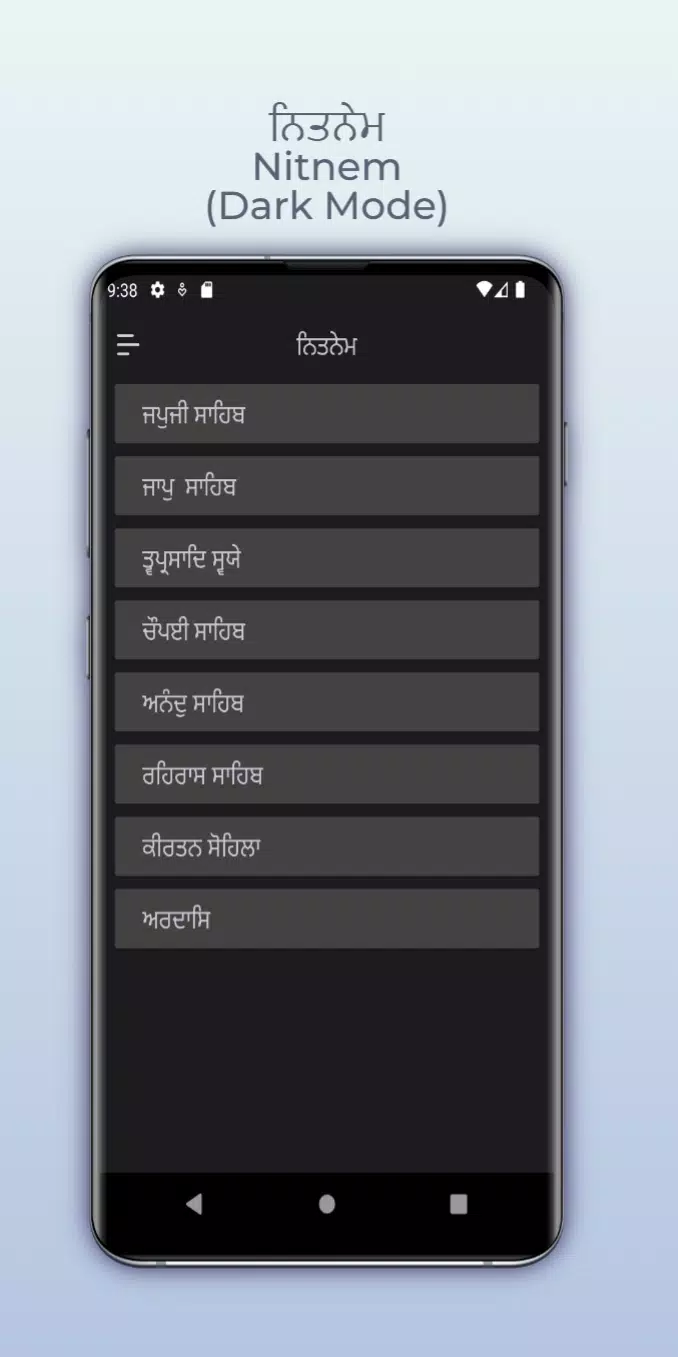
Nitnem is a cornerstone of Sikh practice, integral to the spiritual life of devout Sikhs. The term "Nitnem," translating to "daily routine" or "daily practice," underscores its significance as a regular engagement with the sacred texts of the Guru Granth Sahib, Sikhism's central religious scripture.
Functioning as a spiritual console, Nitnem consists of a thoughtfully selected set of hymns and compositions from various Gurus within the Guru Granth Sahib. These sacred texts are recited at specific times throughout the day, mirroring the regularity and purpose of tasks performed within a console.
Nitnem facilitates a deep and continuous connection with the divine, helping Sikhs cultivate spiritual discipline, devotion, humility, and mindfulness in their everyday lives. This practice is essential for maintaining a strong spiritual link with the divine essence.
The recitation of Nitnem prayers occurs during designated time slots, which can differ slightly across various Sikh traditions. However, common prayers recited as part of Nitnem include "Japji Sahib," "Jaap Sahib," "Tav-Prasad Savaiye," "Anand Sahib," "Rehras Sahib," and "Kirtan Sohila."
The spiritual and moral value of Nitnem within Sikhism is profound. It helps Sikhs focus their minds on the teachings of the Gurus, encouraging the cultivation of virtues such as humility, gratitude, and selflessness. The regular recitation of these hymns is believed to purify the mind and soul, fostering spiritual growth and a deeper connection with the divine.
In essence, Nitnem serves as a vital spiritual console, playing a central role in the daily spiritual routine of Sikhs, guiding them towards a life enriched with divine connection and moral integrity.
Nitnem Screenshots
Very helpful app for daily Nitnem routine! 🙏 The audio playback is clear and the translations are easy to follow. Makes it so convenient to maintain my practice even when traveling. Would love a dark mode feature in the future. - Alex



















